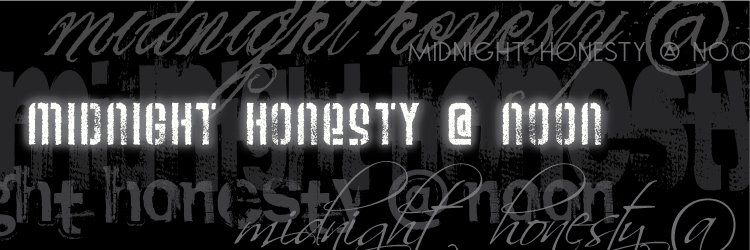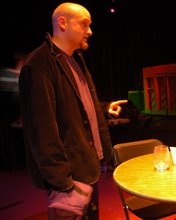And sometimes? Just Fine Wine
Joshua James asks, I answer. Just the kind of service I run over here.
Over in Isaac Butlers' 'New Play' post, Joshua asks, in response to Isaac's "Why New Plays?","Why Old Plays?"
Indeed.
Why Old Plays?
First, to dodge a hail of gunfire, a given for my argument.
The playwright ≠ text.
That said? Sometimes this whole thing isn't about the playwright.
Playwrights will tell you it's never about them, but there's an awful lot of new work going on for that to be the case.
A long time ago now, I told my friend Matt that given finite funds and time, you cannot develop new plays and new companies of young actors at the same time. You have to remove a variable to ensure quality control. You can give a new script to talented, experienced folks, or you can give proven texts to younger inexperienced folks. Otherwise you're really just playing the lottery.
But even with my own personal experimentation math taken out of the equation (see what I did there?) sometimes a company needs to focus on something other than development.
New work presents a different set of challenges for a company than established. Regardless of how well written it is, all new work requires the cast and director to continually be double checking that any difficulties they are having are their own and not the text's. To borrow a phrase from Christianity, they must work out their faith (in the text) through fear and trembling.
Given a text that others have proofed with a reasonable history, they can simply flex their muscles and dig into the role(s) without that annoying 'workshop' mentality that playwrights hate so much, but is honestly required in forging new work.
Which is all leaving aside the question of audience development and fundraising.
For any theatre company, and any theatre community, I approach the question like I approach making a mix-tape CD playlist for someone. You can put as much challenging, underground new music on the CD as you want - to stretch their musical horizons a bit. But if you don't seed that mix with some things you know they like? Hopefully some things they're singing along with? They're not going to have that mix in rotation for long.
And my goal is to be in the rotation for as long as possible... maybe even stuck in some people's car stereo for months at a time.
Probably torturing extended metaphors.







